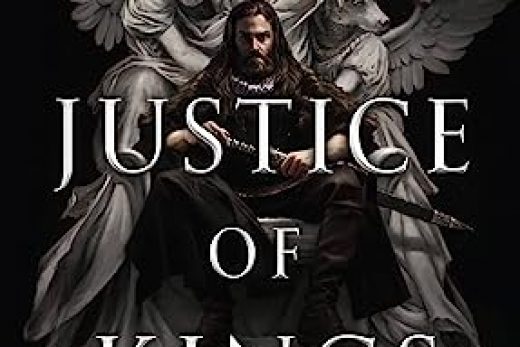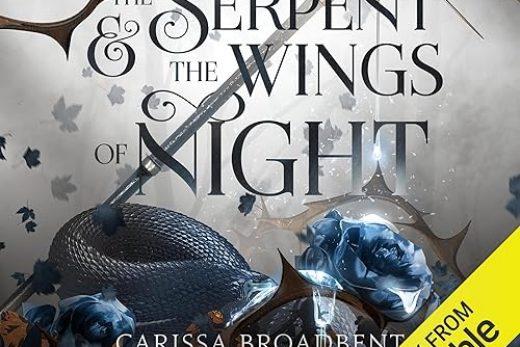In the thrilling conclusion to Joe Abercrombie’s The First Law Trilogy, Last Argument of Kings delves into the heart of political intrigue, manipulation, and the true nature of power. Abercrombie masterfully weaves together the storylines of compelling characters, each grappling with their own moral compass and sense of self. The novel presents readers with a gritty, realistic portrayal of a world teetering on the edge of chaos, where even the most powerful must confront their limitations.
Throughout Last Argument of Kings, Abercrombie explores the complex dynamics of power, as various factions vie for control over the Union. Central to this struggle is the relationship between the cunning Bayaz, First of the Magi, and the brutish Logen Ninefingers, who is thrust into the role of a reluctant hero. As the story unfolds, Abercrombie challenges traditional notions of heroism, revealing the dark underbelly of those who wield great power.
The novel also delves into the impact of personal ambition, as characters such as Jezal dan Luthar, a self-centered nobleman, and Sand dan Glokta, a crippled torturer, grapple with their own desires for power and redemption. In their pursuit of these goals, they are often forced to make morally ambiguous decisions, blurring the line between right and wrong.
As the various factions collide, Abercrombie skillfully reveals the true nature of power, demonstrating that it is not simply a matter of strength or authority, but also the ability to manipulate, deceive, and outmaneuver one’s enemies. In this world, no one is truly innocent, and the quest for power often comes at a great cost.

A: Abercrombie explores themes of power dynamics, political intrigue, moral ambiguity, and the true nature of heroism in Last Argument of Kings.
Q: How does Abercrombie challenge traditional notions of heroism in the novel?
A: Through characters like Logen Ninefingers and Bayaz, Abercrombie portrays heroes as flawed individuals, often driven by personal ambition and capable of morally questionable actions.
Q: What is the role of manipulation and deception in the novel’s portrayal of power?
A: In Last Argument of Kings, Abercrombie illustrates that power is not solely about strength or authority, but also involves the ability to manipulate and deceive others to achieve one’s goals.
Q: How do the characters’ personal ambitions affect their actions and decisions?
A: Characters such as Jezal dan Luthar and Sand dan Glokta are driven by their desires for power and redemption, which often lead them to make morally ambiguous choices that blur the line between right and wrong.









